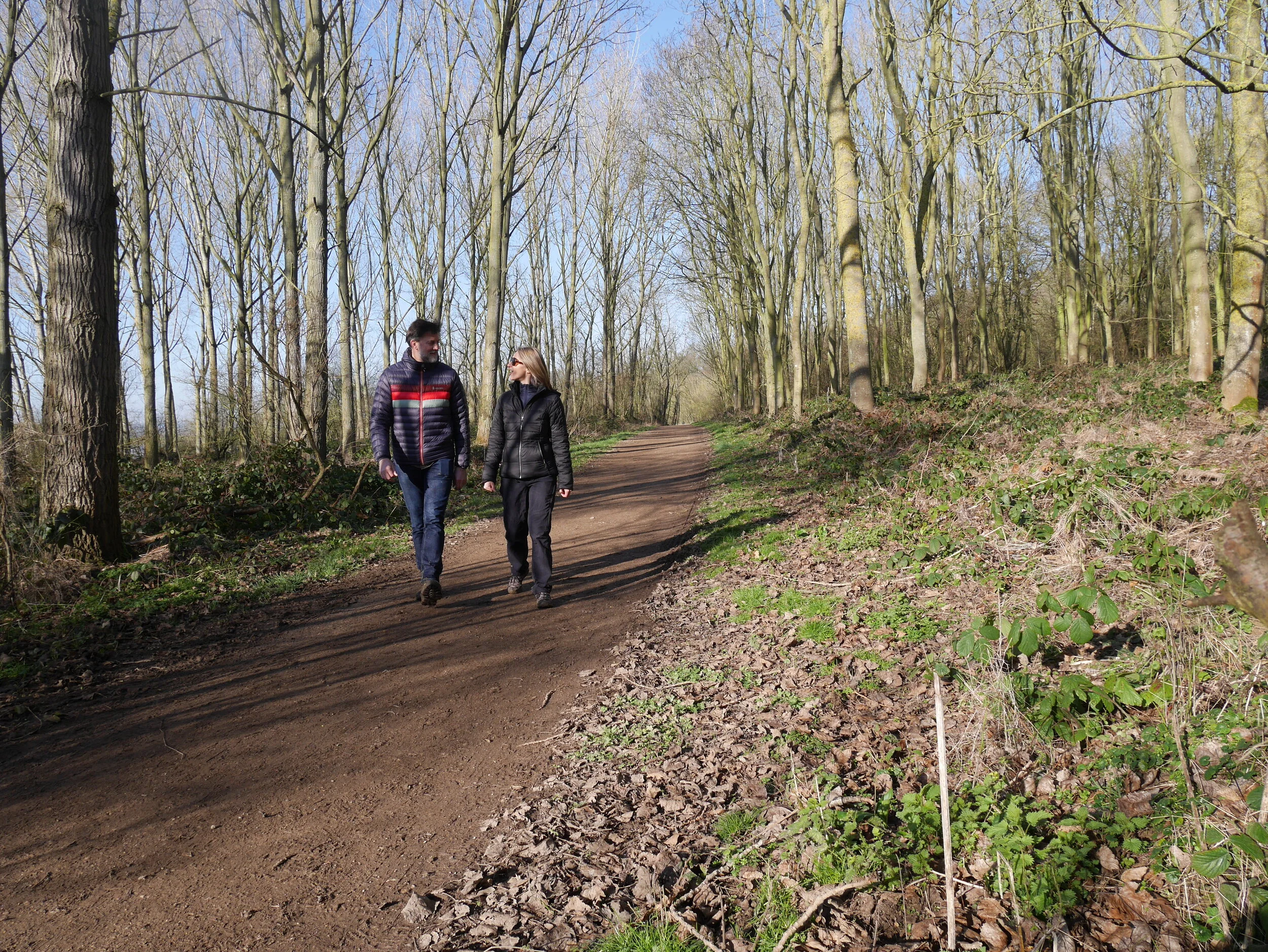Contracting for Coaching Outdoors
Clarity of mutual expectations
Three sided, four sided, psychological, hidden – so many contracts. Let’s start with a quick re-cap of the basics before we look at the specifics for coaching outdoors.
A contract – The rules of engagement/agreements that are made between:-
coach and client
or coach, line-manager and client (3-sided)
or coach, line-manager, HR/the business and client (4-sided)
The aim of a contract is to agree on a number of factors that coaches and their clients will align on. Eric Berne (1910-70), the founder of Transactional Analysis, elegantly described a contract as “an explicit bilateral commitment to a well-defined course of action.” Berne talked about 3 areas of contracting:-
1. Administrative – timings, fees, venue, logistics etc.
2. Professional –purpose and proposed outcomes.
3. Psychological – clarifying expectations, thoughts and assumptions. Not always tangible and constantly evolving.
The contract for a coaching engagement cannot be assumed it must be dealt with explicitly before the coaching relationship begins. Having a contract that fits the purpose (provides the right container for the conversation without getting in the way) is a crucial piece of work. It is also ethical to revisit contracts to ensure they evolve along with the coaching work.
Spending the time to set a robust contract creates an ideal opportunity to engage the sponsor fully with setting the coaching goals, designing the evaluation criteria and exploring their role in supporting the coachee to succeed. This last element frequently takes line mangers or stakeholders aback when I ask it, they are often unsure as to how they are going to support the coachee in making progress. I have found it is a good provocation! Finally, when coaching outdoors, you could also include into your contracting a measure for the impact that the coachee felt being outside in nature had. It provides great evidence for the incremental benefits gained from coaching outdoors.
So, what’s different with a contract for coaching outdoors?
Well, all the same contracting principles apply as with a normal coaching engagement. However, what must also be included is an element in the administrative/logistics section around being outdoors. It begins with an initial conversation with the client agreeing that they would like to work outdoors. (A little consideration here; is your client happy to work outdoors or have you persuaded them into it? It’s tempting when we know the huge benefits for us to drive the agenda too far and for them to feel that they have to say yes when actually they would rather say no. Remember the coaching is to serve them, not your agenda.)
In this initial contracting conversation I assure them that the walk is secondary to the conversation – an easy stroll on paths. We agree roughly what distance they are comfortable with. I have found that 4-7km is good - client, terrain and weather dependant. I also highlight that there are options to extend the walk or shorten it, have a seat along the way and there is always the option not to walk if they change their mind when they arrive. Each of these choices gives the client some more control over the environment they are being coached in and is an important element of ensuring they feel psychologically safe.
Lesley Roberts & Simon Hawtrey-Woore
A couple of days before each coaching session, as part of ‘sessional contract’ (Sills, 2006), I share a brief weather. I also mention if I am taking; gloves, hat, waterproof, sun cream, water bottle etc depending on what the weather is predicted to do. I do this to support the coaching conversation not to play mum. I know the locations well and how they feel in various weather conditions, my intention is for clients to be able to focus on the coaching, not be concerned with being too hot or having wet socks! So, you can see that the dynamic nature of the sessional contract increases when coaching outdoors. I have also learnt not to assume that just because a client has worked outdoors with me before, that they will want to every time, they may have different needs on different days.
The best laid plans…
With almost every client I have worked with outdoors we have had at least one session indoors. Each time the reason has been different; weather, Covid-19, client choice, injury, emotions, the list is long and varied. We have ended up in a variety of places; a country pub garden, in the same pub by a blazing fire, the quiet lounge of a 5* hotel and over Zoom. It is the coaches responsibility to be prepared for this and to have a suggested back-up which can be agreed at short notice. In the initial contracting clients should be aware that this is an option as it is a contributing factor for psychological safety. it is an important part of the coaches preparation.
Confidentiality
Whether in a meeting room, a local park, a country pub or a hotel we must pay attention to confidentiality. There will be the standard element of confidentiality that is in your normal contract and the consideration for what you agree is shared back with the organisation.
When coaching outdoors we also need to consider that the conversation may be overheard by people you walk past or perhaps the people who are having morning coffee in the country pub or café you are using as an alternative venue due to the heavy rain outside. As with all contracting, the key is to have a conversation about it and agree what your client is comfortable with. Re-contracting in the moment if necessary.
In summary, there are some special additions to the normal coaching contract, the key is to be aware of them, to discuss them, and to agree how they will be mutually managed.
“Opportunity arises for the prepared mind”
Louis Pasteur
If you have found this article useful and you’d like to gain more insights into best practice for coaching outdoors come and join us on our next programme click here for details.
Lesley
Lesley holds an MSc in Executive Coaching from Ashridge Business school and a Master Practitioner accreditation from the EMCC. She also has 16 years commercial experience with Mars. Read More >
She is the author of ‘Coaching Outdoors; the essential guide to partnering with nature in your coaching conversations’.
Contact by calling +44 (0) 7799 581792 or email info@coachingoutdoors.com.






